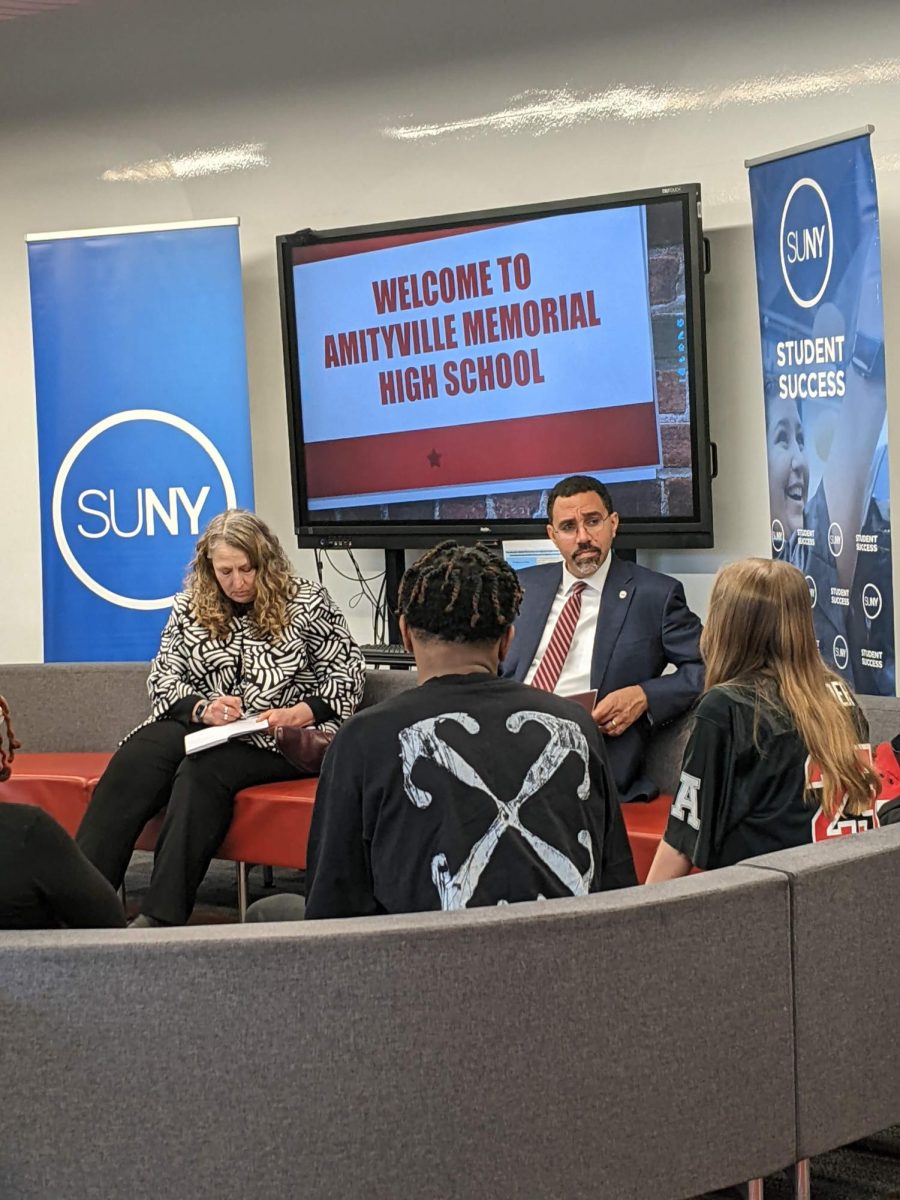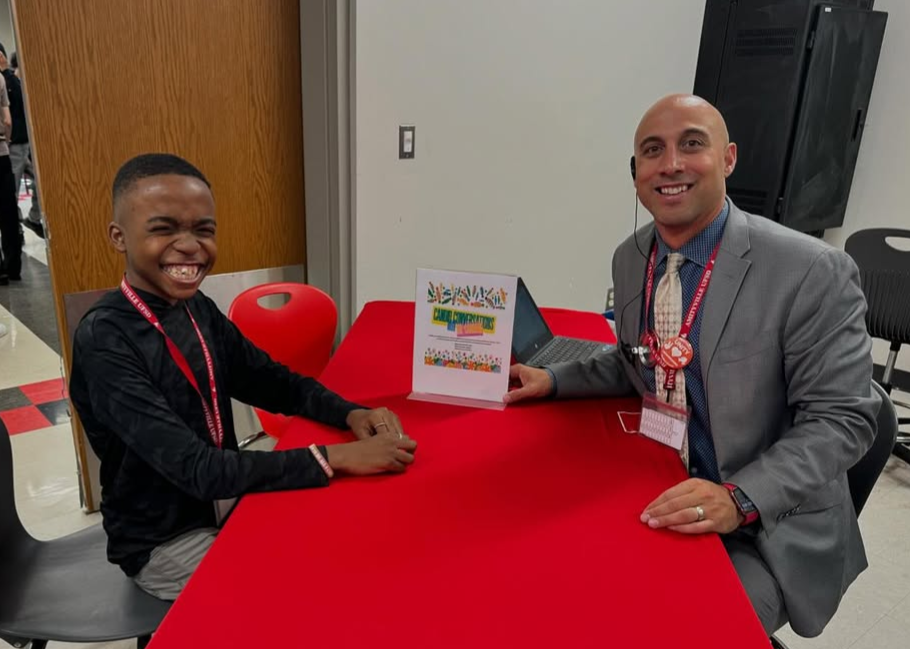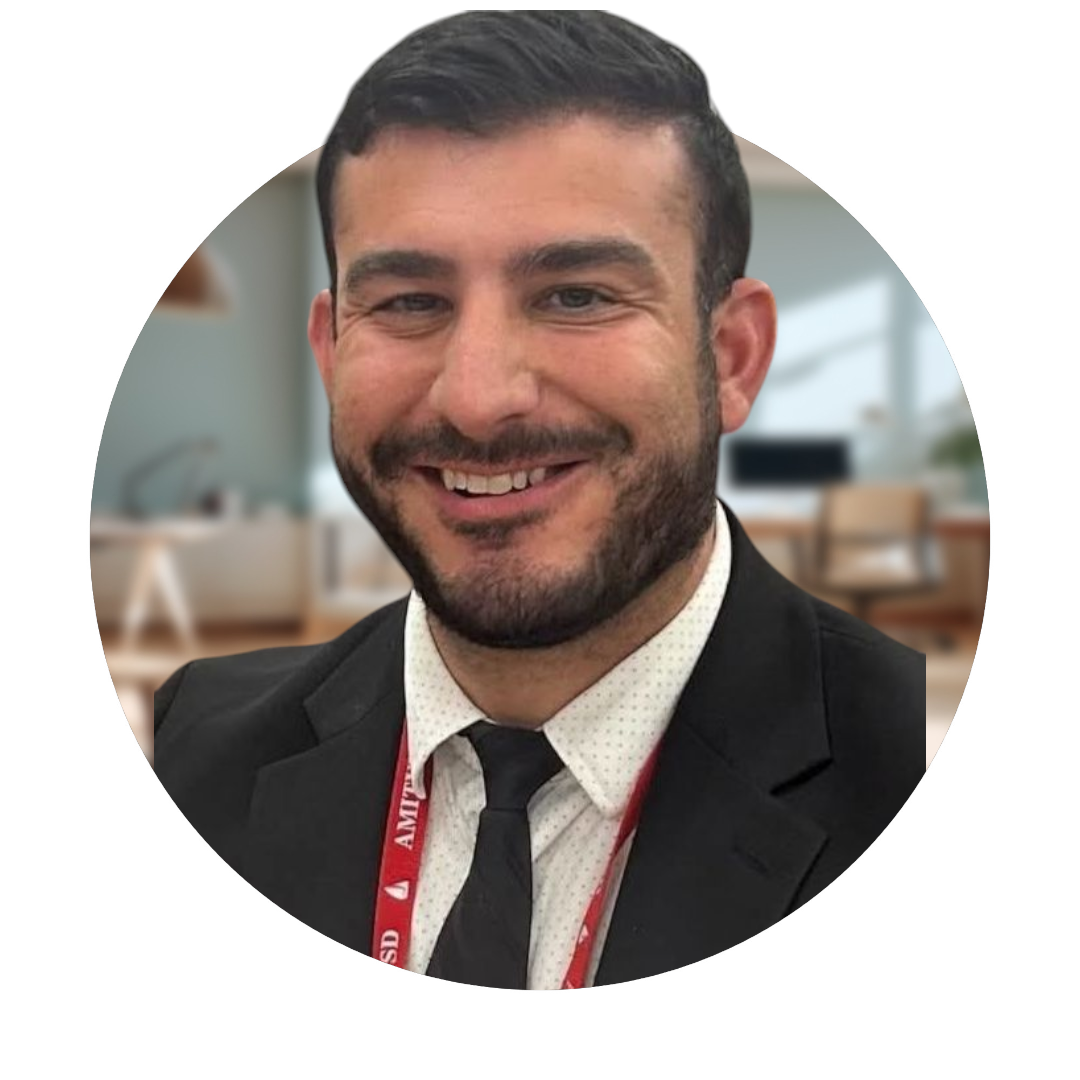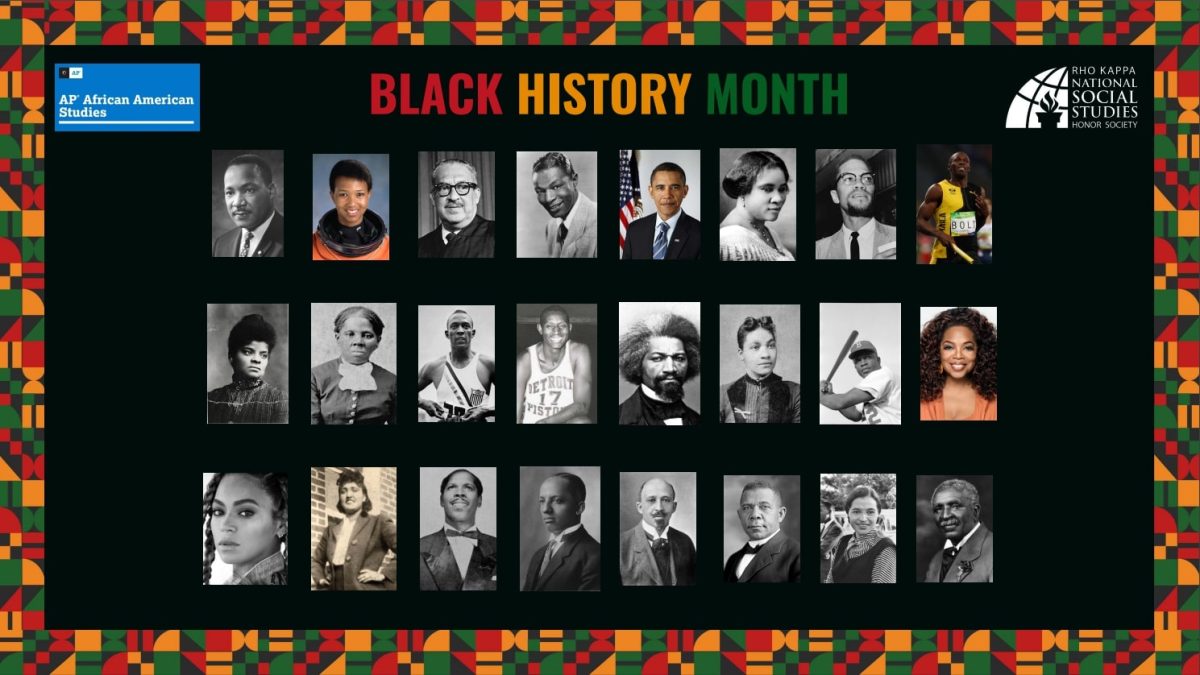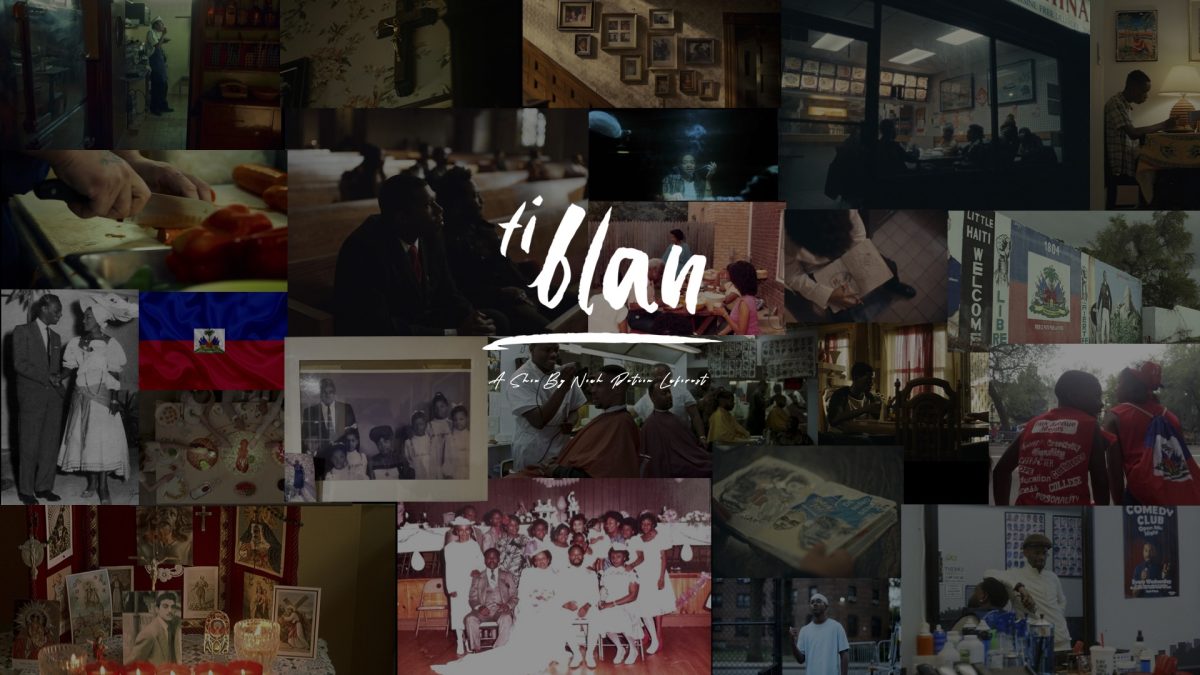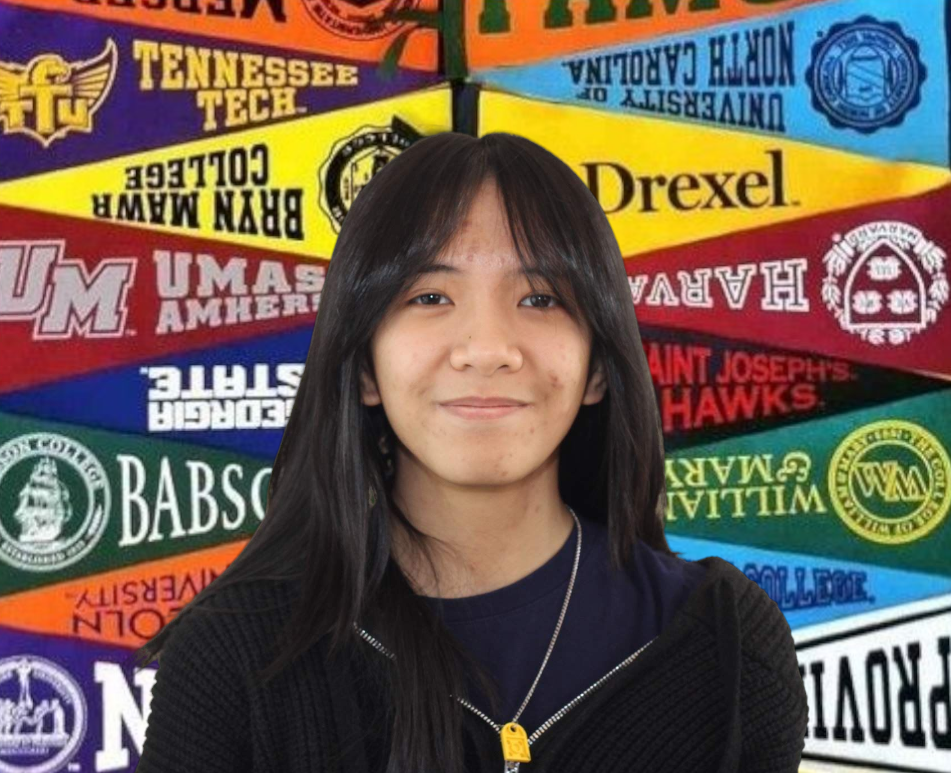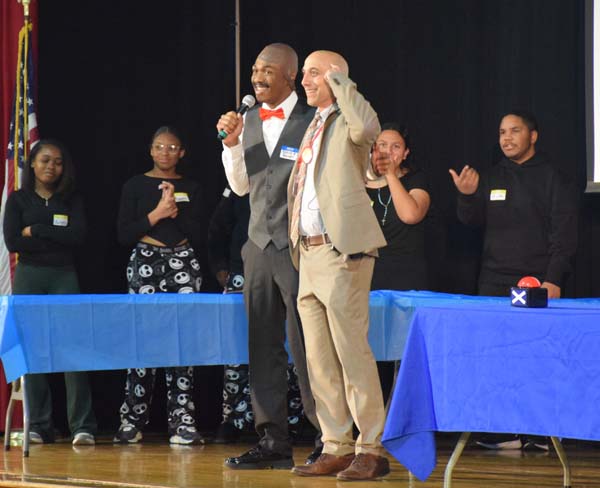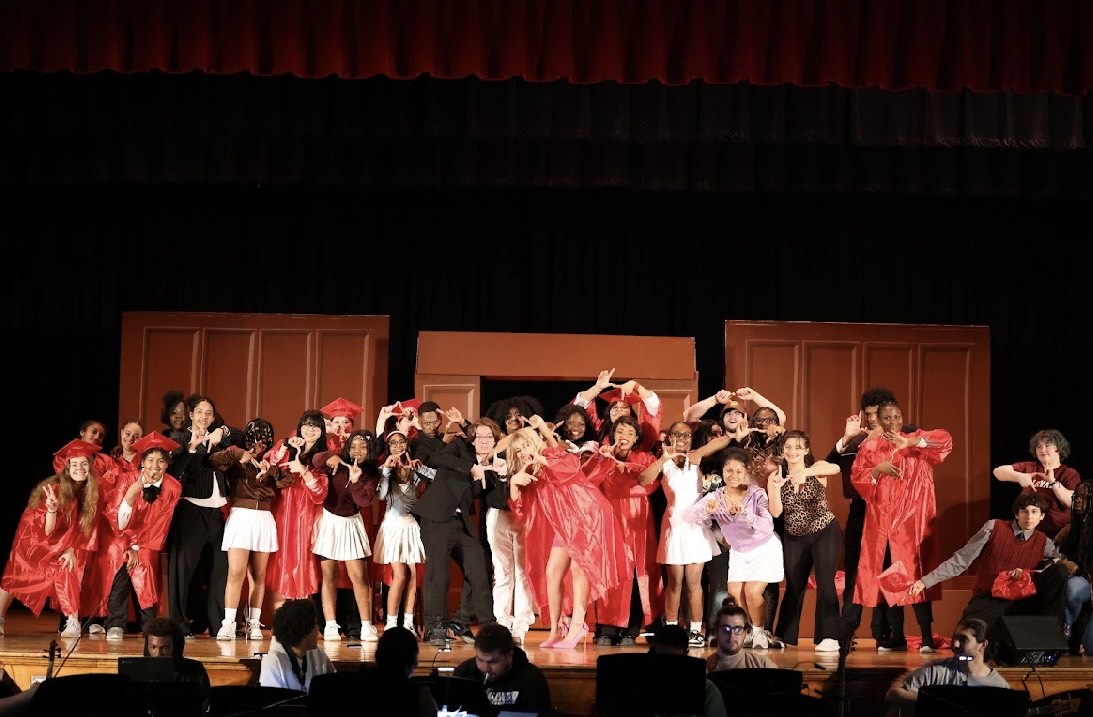On Friday, April 11, 2025, the current Chancellor of the SUNY school system, the largest public university system in the country, John B. King Jr., visited Amityville Memorial High to meet with a select group of seniors and discuss the current FAFSA process. The meeting took place in the library, where King, accompanied by Donna Linderman, the senior vice chancellor for Student Success, asked students about their overall experience with the process of applying for financial aid. The Amityville Echo, along with the Amityville Broadcasting Network were invited to cover the event.
The reasons for attending Amityville High School were clear, as of last year the completion rate of FAFSA went down and as of this year the completion rate is just below 50% across the state, not a great one. The Chancellor came to Amityville in order to ask students their opinions about the FAFSA process and to find ideas from the students on how to make the process faster and simpler for all.
The Chancellor asked a single question and went around the students asking for their answers and opinions. Most questions revolved around the FAFSA process, and the first question was regarding how easy the FAFSA process was for each student. Most students pointed out that it was fairly easy and quick to do. Some of the students mentioned that the only issue that they had encountered was their parents and explaining to them how the FAFSA process works but outside of that, the students had an easy time completing their FAFSA, which the Chancellor was proud of.
The next question was about what is getting in the way of students completing the FAFSA. One of the students replied that making it shorter might make it easier for students to complete the FAFSA. All of the students agreed that it would be a good idea to do this, making it shorter might motivate some students to actually complete the FAFSA in its entirety, understanding that it wouldn’t take them as long as they thought. A similar question was also asked by the Chancellor wondering if there could be a way to convince students that FAFSA wasn’t as terrible as they might think it is and the students around agreed that one way of accomplishing this was by introducing videos on social media that could help students actually understand the reality of the FAFSA process and that it is really not as difficult as it may seem.
Now the concern was the parents and how to make them understand the FAFSA process better. One idea that the Chancellor mentioned was implementing videos titled “Getting FAFSA done with me” which would guide students and parents in completing their certain sections of the FAFSA. They were never implemented but now with the low rate of completion, it could be a good idea to implement these videos to guide students and especially parents through the process. Another idea, now mentioned by the students, was still videos or messages but now on platforms like facebook, where parents might spend most of their social media time, to inform parents about what FAFSA is, how important it is for their children and how to complete this process.
At last, the Chancellor wanted to know how to help students figure out which SUNY school is fit for them and the students around gave their ideas as providing them with information, such as packet handouts that show the different programs in each campus that makes each campus different and letting students decide for themselves which campus is fit for them. Students also agreed that it is better to hear from current students on campuses and their experiences, giving any helpful advice and information.
Certain other ideas were introduced to the Chancellor such as adding a calculator that could help with estimating the amount of money they might be getting from FAFSA. Another point that most students agreed on was that counselors were a better option than teachers in reminding and helping students completing their FAFSA. One last point was also brought up, regarding the financial letters of SUNY colleges which SUNY has been trying to improve in order to make them more understandable for students. Almost all students agreed that the letters from SUNY colleges have been pretty good for now and the Chancellor was pretty proud of hearing that.
After the Chancellor was done with his own questions, the students were able to ask their own regarding the Chancellor’s work and life.
The students started by asking about how SUNY offers options for 1st generation students or low income students. The Chancellor mentioned the EOP program that specifically targets low income students and supports those that start at community college and transfer or those students that are undergrads. There are also the ASAP and ACE programs that are available at 25 campuses which target 1st generation and low income students and help them graduate in time while SUNY has been thinking about expanding the programs to more colleges. Still with programs, students also wondered if there were any new programs that could be added in the future. The Chancellor mentioned that they were looking into DATA Science and Artificial Intelligence (AI) and how AI could improve already existing programs. He also mentioned that SUNY has been working on including more internships for undergrad students, including more paid internships and in some cases housing and transportation to be paid by SUNY during those internships.
Moving onto his life, the students asked what inspired Mr. John B. King Jr. to become a Chancellor. He mentioned that his early life was a rough one, her mother died when he was 8 and then his father died when he was 12 years old and the only thing that saved him from all of this trauma was school, education. King told the students that school was a safe place for him where teachers helped him a lot as his household remained a rough one. This is what inspired him to become a Chancellor to do for young people what teachers did for him. And now as a Chancellor he spends a lot of time with state and local government representatives, meeting with them in order to improve things for students.
At last the students asked what was one time as Chancellor that he will never forget and he mentioned that one of his favorite moments is when prisoners, who are part of prison programs, graduate and are able to change thanks to having a proper education and showing, in Mr. King’s words, “what an education can mean in someone’s life.”
We thank John B. King Jr. for coming to Amityville High School and using his precious time to meet with us and we hope we were able to be helpful in improving the FAFSA process.

